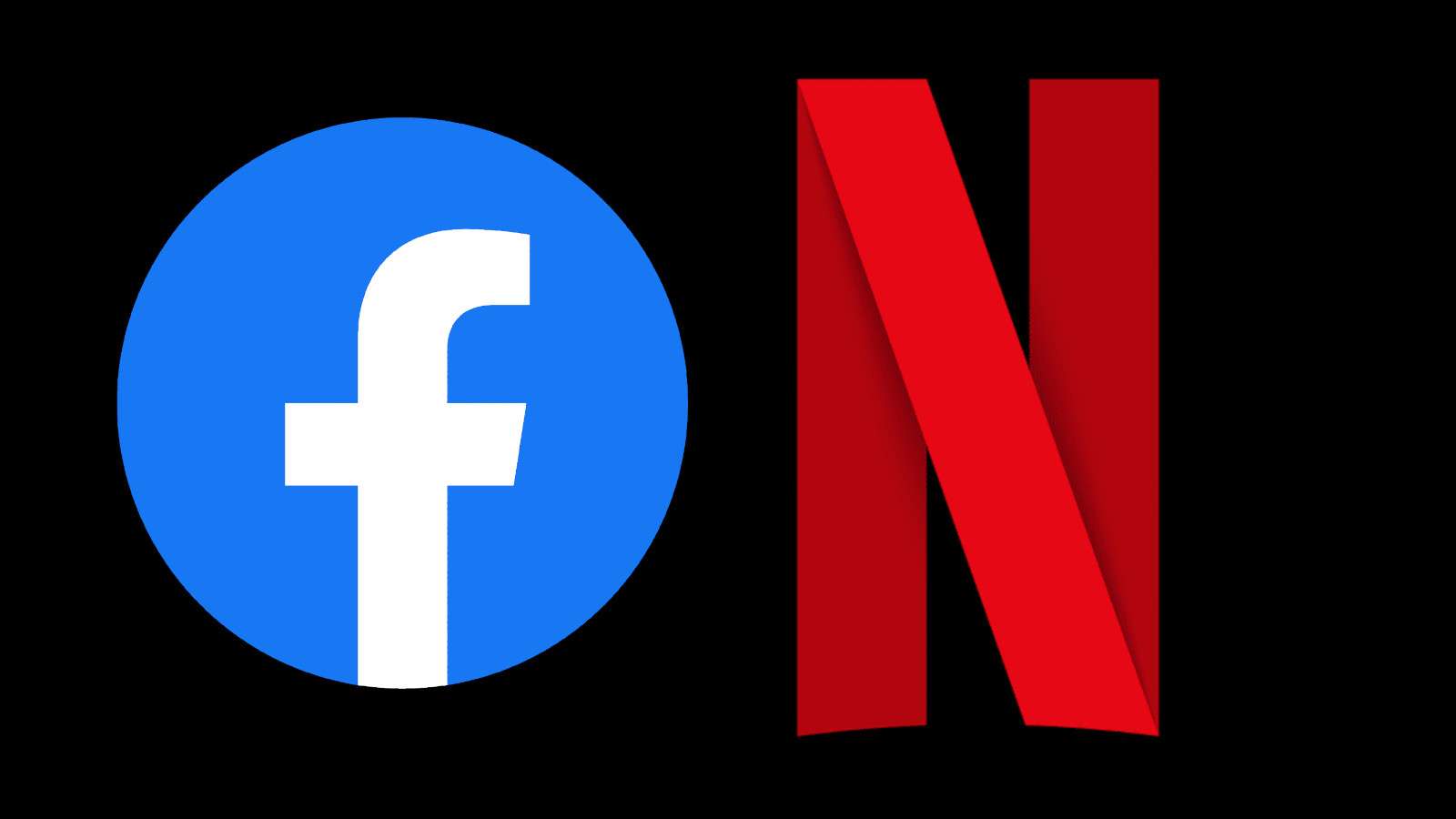Did Facebook sell private messages to Netflix? Lawsuit explained
 Facebook/Netflix
Facebook/NetflixA class-action lawsuit has been placed against Facebook and Netflix, with the former being accused of allowing Netflix to access users’ private DMs.
The accusations come from an alleged “special relationship” between Netflix and Meta, Facebook’s parent company. Essentially, it’s all to do with the exposure of users’ personal data and private messages.
It seems as though every other day, a streaming service comes under fire. Whether it’s deceptive costs or canceling fan-favorite shows, subscribers are always quick to let it be known when they think they’re being taken advantage of.
It’s a complicated issue, so here’s a breakdown of what you need to know about the Facebook-Netflix lawsuit, including what it’s about and whether the companies have responded to the claims.
What is the lawsuit about?
A lawsuit filed back in April 2023 accused Facebook’s parent company Meta of allowing Netflix to access users’ direct messages so that the streaming service could improve their targeted ads and content with the social media site.
The court documents were unsealed on March 23, 2024 after being filed in April 2023. The class-action lawsuit was filed by two US citizens, Maximilian Klein and Sarah Grabert, who allege that the two companies “enjoyed a special relationship.”
They claim that Facebook received millions in ad revenue from Netflix as a result, guaranteeing ad spending of $150 million back in 2017.
The lawsuit states: “For nearly a decade, Netflix and Facebook enjoyed a special relationship. Netflix bought hundreds of millions of dollars in Facebook ads; entered into a series of agreements sharing data with Facebook; received bespoke access to private Facebook APIs; and agreed to custom partnerships and integrations that helped supercharge Facebook’s ad targeting and ranking models.”
An API (application programming interface) is software that “allows two or more computer programs to communicate and share information between themselves.”
According to the lawsuit, this particular API agreement allowed, “Netflix programmatic access to Facebook’s private messages inboxes, in exchange Netflix would ‘provide to FB a written report every two weeks that shows daily counts of recommendations sends and recipient clicks by interface, initiation surface, and/or implementation variation (e.g. Facebook vs. non-Facebook recommendation receipts).'”
What does Facebook and Netflix say?
A Meta spokesperson maintains that the company did not allow Netflix to access users’ private messages, but that the agreement allowed users to message friends directly from the Netflix app. Netflix has not yet commented on the lawsuit.
“Meta didn’t share people’s private messages with Netflix,” the Meta spokesperson said [via Fox Business]. “As the document says, the agreement allowed people to message their friends on Facebook about what they were watching on Netflix, directly from the Netflix app. Such agreements are commonplace in the industry. We are confident the facts will show this complaint is meritless.”
Meta has been scrutinized in the past for their handling of users’ private information. Back in 2018, the New York Times published a report that accused Facebook of authorizing Spotify and Netflix to access user DMs.
Then, in 2022, Meta was fined $284 million by Ireland after data was leaked for more than half a billion users (including names, phone numbers, and birthdays.) In that same year, Meta agreed to pay $725 million as a settlement for a security breach in connection to Cambridge Analytica.
For more, take a look at all the best TV shows to watch this month and best new movies to stream.



